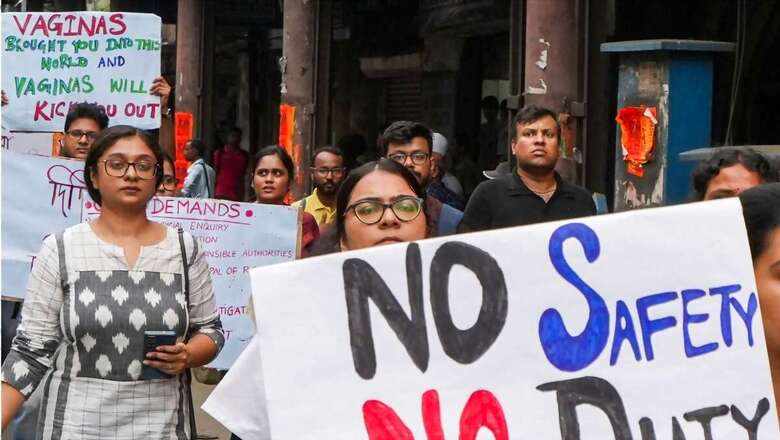
views
Amid widespread demand for a central protection law for healthcare professionals at the workplace after the RG Kar rape-murder case in Kolkata, the Centre on Wednesday (August 28) told all the states to take remedial safety measures and action within two weeks.
To increase security and provide a safer working environment for healthcare workers, the health ministry has recommended the formation of internal committees on security, prevention of violence and sexual harassment; strict rules for visitors and upgrade of basic infrastructure for those on night duty; as well as increased police patrol at hospitals and medical institutions.
Union home secretary Govind Mohan and health secretary Apurva Chandra co-chaired a virtual meeting with chief secretaries and state DGPs to discuss preparedness of states and union territories in implementing these measures, pending a report from the national task force (NTF) to address the safety of healthcare workers at their workplaces.
Director General of Health Services (DGHS) Dr Atul Goel was also present along with senior ministry officials. This comes a day after the first meeting of the NTF under the cabinet secretary that was held on Tuesday (August 27).
Here are some of the measures recommended by the central government:
- Joint security audit along with district collector and deputy superintendent of police, and management of district hospitals/medical colleges to review any shortfall in existing infrastructure and security arrangements, and to take up remedial measures
- Security check of all hired security and other services staff to be done on a regular basis
- Control room, especially in large medical institutions, with duty roster of staff that regularly monitors CCTV network and secure storage of the data
- Distress call to be attended to by control rooms
- Regular mock drills for security similar to fire safety drills
- Security personnel to be trained to upgrade capacity, as in many establishments they are observed to be lack the capacity to discharge their duties effectively
- Patient facilitators in large hospitals to ferry patients on wheelchairs/stretchers to reduce the number of attendants and reduce the burden on security personnel and other healthcare professionals
- Capacity building and training of doctors and other healthcare workers in bereavement protocols, especially in emergency/casualty wards
- Security and safety committee to be institutionalised and involve senior and junior residents as well as students for continuous monitoring and status of emergency response preparedness
- ‘Routine security patrolling’ at all medical institutions during the night.
The home secretary asked officials to ensure the following at medical institutions with high footfall:
- Installation of CCTV cameras in blind spots
- Integration with ‘112’ helpline for healthcare workers
- Access control of large hospitals
- Sharing of revamped position under the Bharatiya Nyaya Sanhita (BNS).
State and UTs apprised the central government offiicials of the measures already in place:
- A legislation to safeguard healthcare professionals already exists in 26 states and UTs: namely Andhra Pradesh, Arunachal Pradesh, Assam, Bihar, Chhattisgarh, Delhi, Goa, Gujarat, Haryana, Himachal Pradesh, Jharkhand, Karnataka, Kerala, Madhya Pradesh, Maharashtra, Manipur, Odisha, Puducherry, Punjab, Rajasthan, Tamil Nadu, Tripura, Telangana, Uttar Pradesh, Uttarakhand and West Bengal. States without similar Acts were urged to frame the required laws
- Increased awareness through display of provisions of the Bharatiya Nyaya Sanhita (BNS) to protect healthcare professionals in medical institutions
- Provision of chief security officers at hospitals and medical colleges
- Police verification of contractual/outsourced employees working at government-run hospitals
- Joint security audits at government district hospitals and medical colleges by district magistrates and superintendents of police along with deans/directors of these institutions
- Police post/station in the premises of large medical colleges/district hospitals, and increased patrolling by police in the night
- Sexual harassment complaints committee to be in place and be active
- Review of CCTV network and strengthening surveillance through additional cameras in hospital premises, especially in ‘dark zones’ and alleyways. Many states have a control room where CCTV coverage is monitored and stored in the cloud as well
- Review of lighting in different parts of the medical colleges, district hospitals and other healthcare institutions
- Extending the ‘112’ helpline for the protection of healthcare workers is being considered by most states. Helplines 100/112 operational in most states and widely used with good response time
- Regular drills for handling security threats and episodes at hospitals with healthcare workers similar to fire safety drills
- Audit of spaces/rooms at medical institutions to ensure that unused areas are not misused by undesirable elements
- Regulating the duty hours of resident doctors
- Security escorts for women doctors, senior residents in some states during late-night duty hours from hostel to workplace.













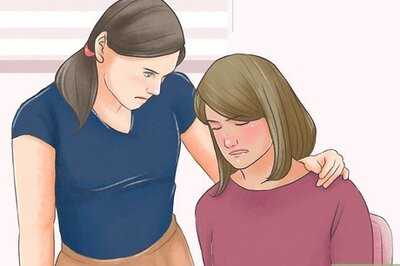

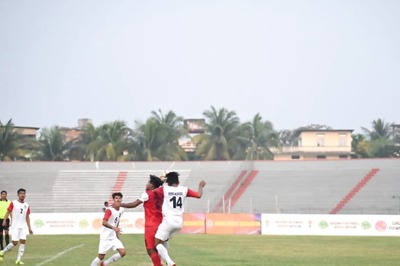
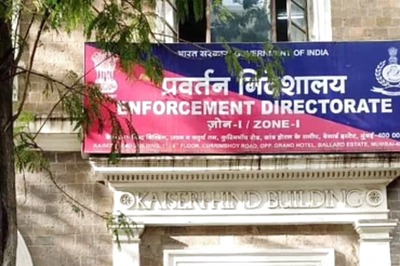
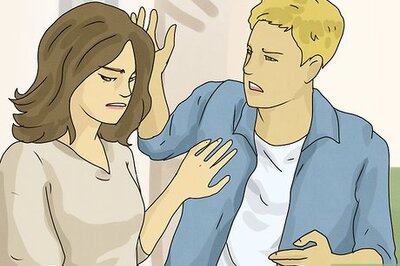
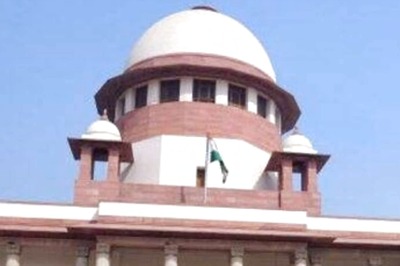

Comments
0 comment